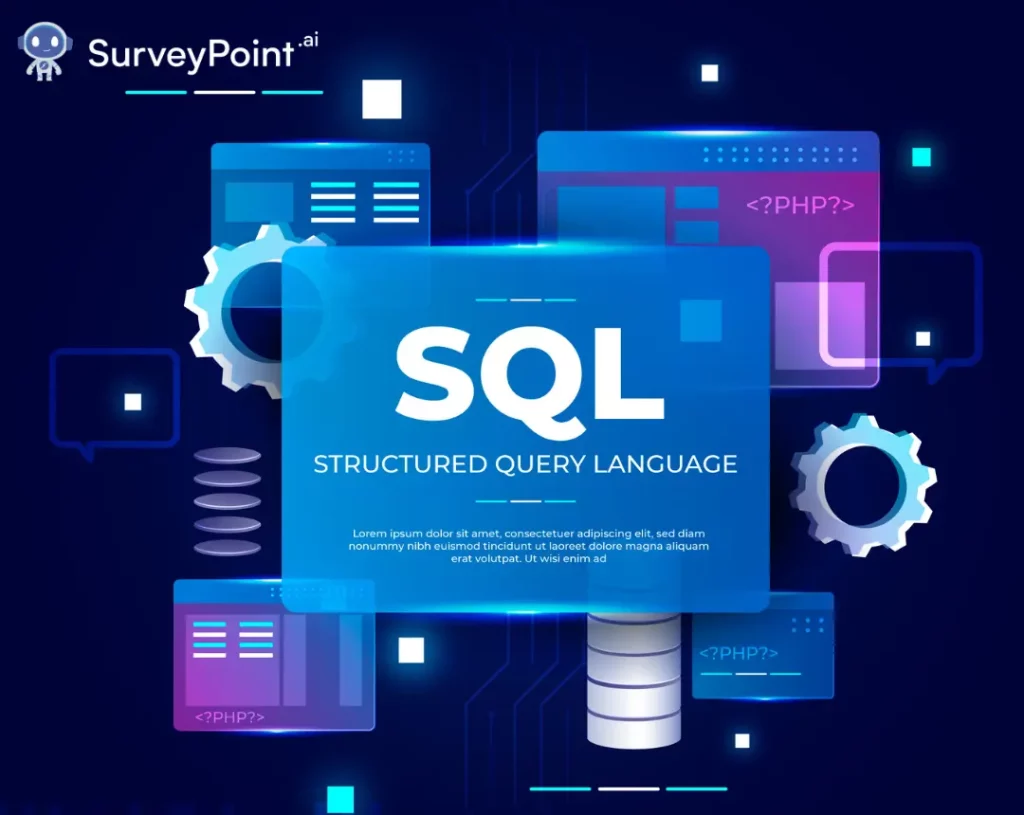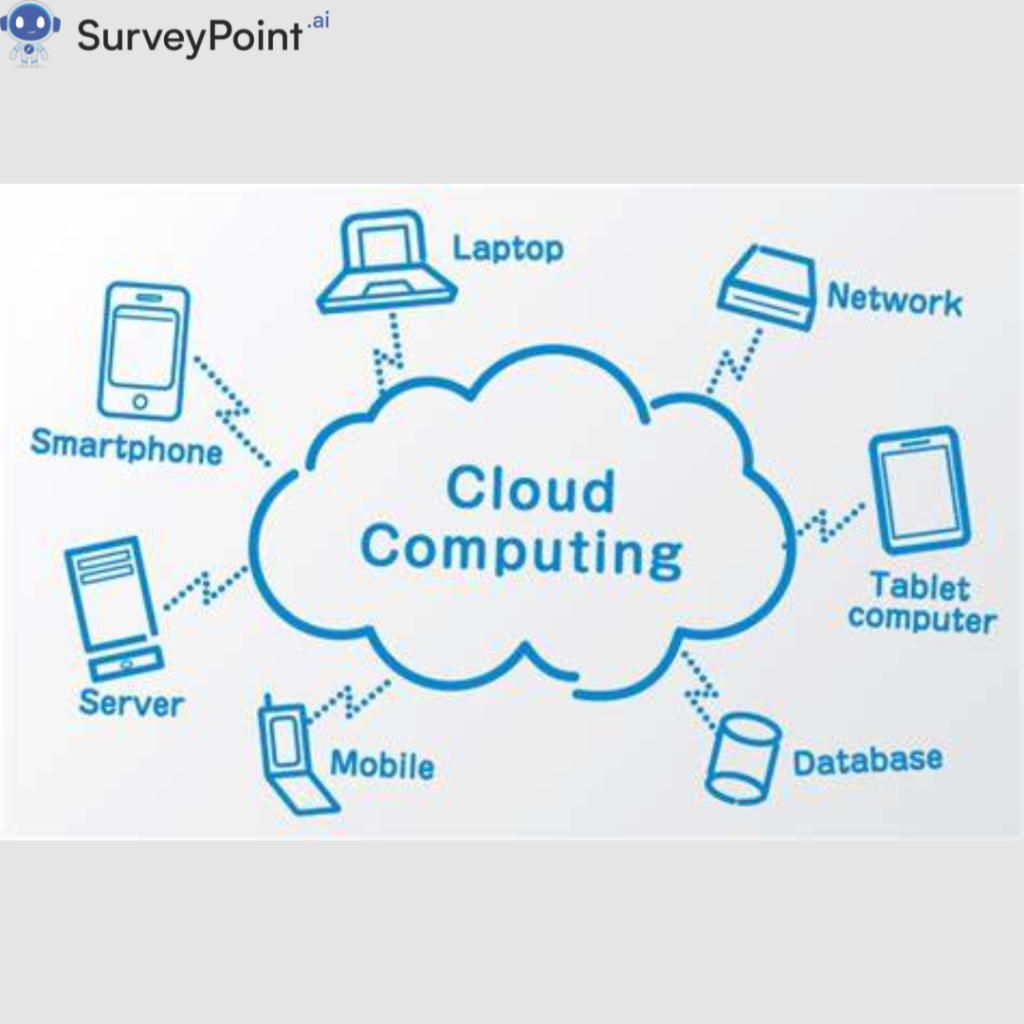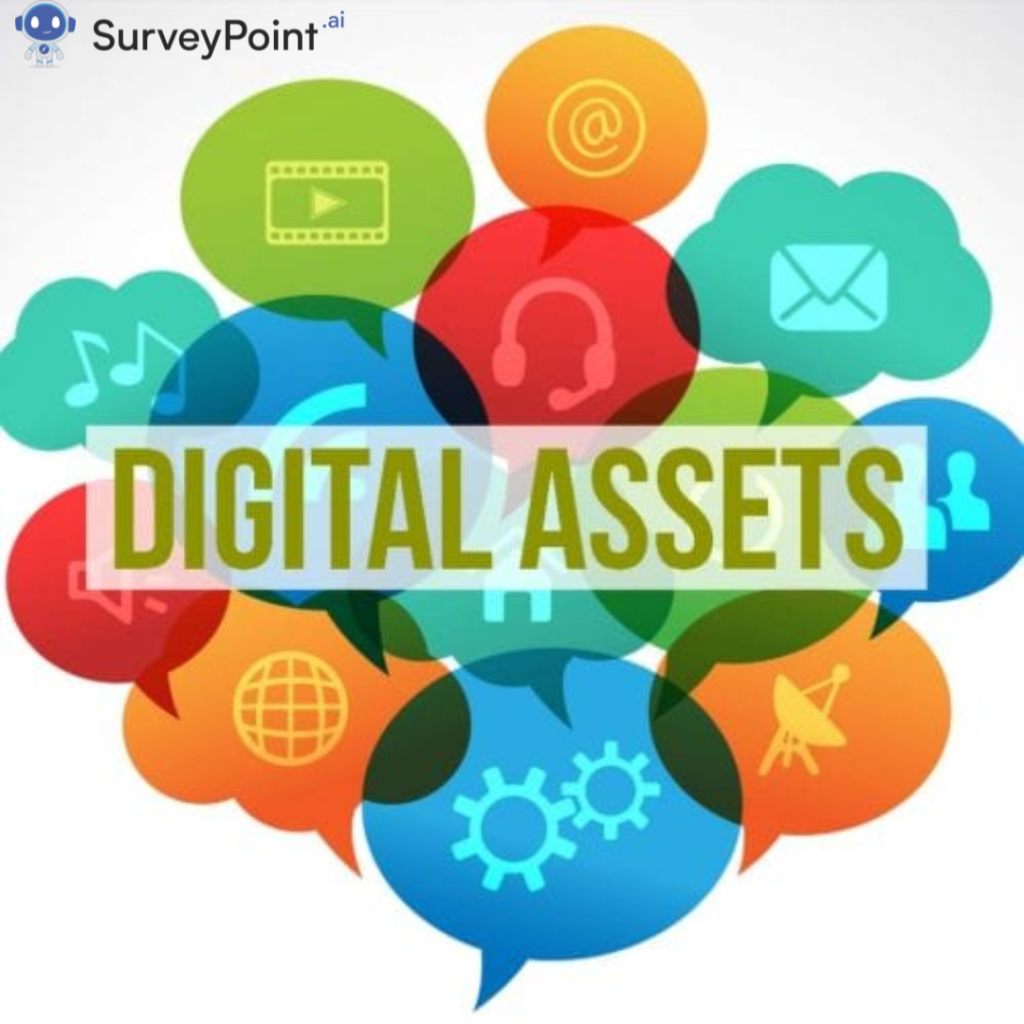
In the ever-evolving landscape of information technology, databases play a pivotal role in storing, managing, and retrieving data. Among the various database management systems, SQL (Structured Query Language) stands as a cornerstone, offering a standardized way to interact with databases.
In this comprehensive guide, we will delve into the intricacies of SQL, exploring its definition, significance, components, functioning, and the notable MySQL variant. Additionally, we’ll unravel the distinctions between SQL and MySQL, ultimately concluding with a reflection on their collective impact.
What is SQL?
Structured Query Language, commonly known as SQL, is a domain-specific language designed for managing and manipulating relational databases. Developed in the 1970s, SQL serves as a universal language for interacting with databases, enabling users to define, retrieve, update, and manage data efficiently. SQL operates on the principle of a relational model, emphasizing the organization of data into tables with defined relationships.
Why is SQL Important?
- Data Retrieval and Manipulation: SQL facilitates seamless data retrieval and manipulation, allowing users to perform queries to extract specific information from databases.
- Data Integrity and Consistency: SQL enforces data integrity constraints, ensuring that data remains accurate and consistent throughout the database.
- Efficient Data Management: With SQL, users can efficiently manage large datasets, thanks to its ability to handle complex operations and relationships between tables.
- Standardization: SQL’s standardized syntax and commands provide a common framework for database management across different systems, fostering interoperability and ease of use.
- Security: SQL includes security features to control access to databases, protecting sensitive information from unauthorized users.
Components of a SQL System
A SQL system comprises several integral components that work in harmony to manage databases effectively.
- Database: The primary container for storing data, organized into tables, is the foundational component of a SQL system.
- SQL Engine: The engine interprets and executes SQL queries, enabling communication between the user and the database.
- Query Processor: Responsible for parsing, optimizing, and executing SQL queries, the query processor plays a crucial role in ensuring efficient data retrieval.
- Storage Engine: This component manages how data is stored on disk, optimizing storage and retrieval processes.
- Transaction Manager: Ensuring the consistency and integrity of data, the transaction manager oversees the execution of database transactions.
How Does SQL Work?
SQL operates through a series of commands that can be categorized into four main types:
- Data Query Language (DQL): Used for retrieving data from the database using SELECT statements.
- Data Definition Language (DDL): Involves commands such as CREATE, ALTER, and DROP, used for defining and managing the structure of the database.
- Data Manipulation Language (DML): Includes commands like INSERT, UPDATE, and DELETE, allowing users to modify existing data.
- Data Control Language (DCL): Involves commands like GRANT and REVOKE, granting or revoking access privileges to users.
What are SQL Commands?
SQL commands form the backbone of database management, providing users with the means to interact with the database. Some essential SQL commands include:
- SELECT: Used for retrieving data from one or more tables.
- INSERT: Adds new records to a table.
- UPDATE: Modifies existing records in a table.
- DELETE: Removes records from a table.
- CREATE: Establishes new tables, databases, or other database objects.
- ALTER: Modifies the structure of an existing database object.
- DROP: Deletes a database object, such as a table or database.
What is MySQL?
MySQL, an open-source relational database management system (RDBMS), is one of the most popular database systems globally. It employs SQL as its primary language for database management. Developed by Oracle Corporation, MySQL is renowned for its scalability, reliability, and ease of use. It supports various platforms and is extensively used in web applications, powering numerous websites and online services.
SQL vs. MySQL
In the dynamic world of database management, the terms SQL and MySQL are frequently used, sometimes interchangeably, leading to a common misconception that they refer to the same thing. However, it’s crucial to clarify that SQL and MySQL are distinct entities with unique roles in the realm of data management.
SQL (Structured Query Language):
SQL, or Structured Query Language, is not a database management system itself but rather a standardized language used for interacting with relational databases. Developed in the 1970s, SQL serves as a universal interface, providing a set of commands and syntax that can be implemented by various database systems. It encompasses Data Query Language (DQL) for data retrieval, Data Definition Language (DDL) for defining and modifying database structures, Data Manipulation Language (DML) for data manipulation, and Data Control Language (DCL) for managing access privileges.
In essence, SQL is a language that allows users to communicate with and manage relational databases. It sets the standard for how databases are queried, updated, and maintained.
MySQL:
MySQL, on the other hand, is a specific Relational Database Management System (RDBMS) that implements SQL. Developed by Oracle Corporation, MySQL is an open-source database system renowned for its speed, reliability, and ease of use. While SQL provides the language and syntax for interacting with databases, MySQL is the platform that interprets and executes those SQL commands. MySQL supports various platforms and is particularly popular for web applications, serving as the backbone for numerous websites and online services.
Distinguishing Factors:
- Role in the Ecosystem: SQL is a language, a standardized means of interacting with relational databases, whereas MySQL is an actual database management system that employs SQL as its primary language.
- Versatility: SQL is not tied to any specific RDBMS and can be used with various systems such as PostgreSQL, SQLite, and Microsoft SQL Server. MySQL, on the other hand, is a specific implementation of an RDBMS.
- Implementation: SQL is a language specification, and its implementation may vary among different database systems. MySQL, as an implementation of an RDBMS, follows the SQL language standard but may have its own specific features and optimizations.
In conclusion, SQL and MySQL are integral components of the data management ecosystem, each with its distinct role. SQL serves as the universal language for interacting with relational databases, while MySQL is a specific implementation of an RDBMS that adheres to the SQL language standard. Understanding the difference between SQL and MySQL is crucial for anyone involved in database administration, development, or data analysis, as it lays the foundation for effective communication and manipulation of data within the digital landscape.
Conclusion
In conclusion, SQL stands as a foundational language for managing and manipulating relational databases, offering a standardized and efficient approach to data management. Its significance in the realm of information technology is unparalleled, providing users with a robust framework for data retrieval, manipulation, and security. The components of a SQL system work harmoniously to ensure the smooth operation of databases, with SQL commands serving as the bridge between users and their data.
MySQL, as a prominent RDBMS, exemplifies the power and versatility of SQL in action. While SQL lays the groundwork, MySQL demonstrates the practical application of SQL principles in a widely used and respected database system.
As technology continues to advance, SQL remains a critical skill for database administrators, developers, and anyone involved in data management. Whether you’re crafting complex queries, defining database structures, or ensuring data security, SQL is the language that empowers you to unlock the full potential of your data.




